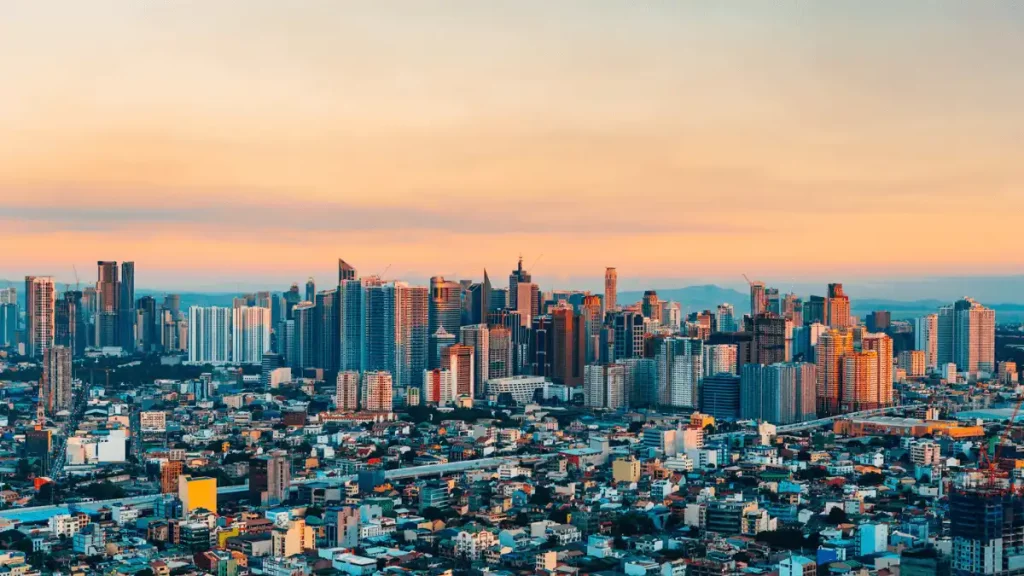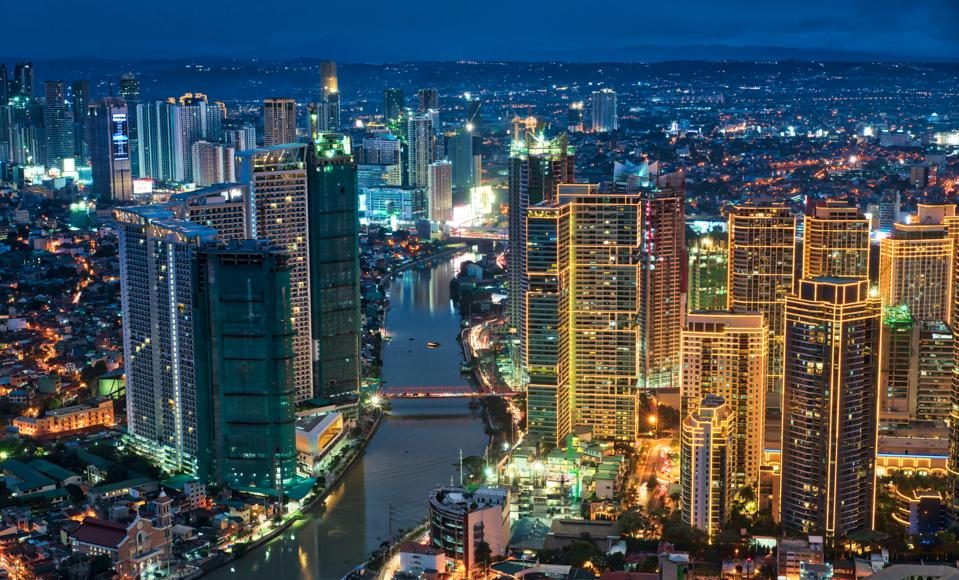Despite the ongoing shortfall in demand for office spaces from Philippine Offshore Gaming Operators (POGOs) compared to pre-COVID levels, POGO operators still comprised 20 percent of office space deals in 2023.
According to data from property management consultancy firm Colliers International-Philippines, as of the end of 2023, office space deals across Metro Manila reached 827,700 square meters, up 37 percent from the 603,800 square meters recorded a year ago.
This figure is already more than half of the 1.5 million square meters recorded pre-COVID.
Traditional firms led transactions, accounting for 46 percent of the total, while outsourcing and POGO firms cornered 34 percent and 20 percent, respectively. Meanwhile, firms’ motivations for taking up office space were mostly due to expansions and relocations.
The Philippine gaming regulator, PAGCOR, implemented a revised regulatory framework for offshore gaming in August last year, rebranding Philippine Offshore Gaming Operations (POGOs) as Internet Gaming Licensees (IGLs).
IGLs require higher capitalization. An IGL’s space can’t be larger than 25,000 square meters for each of its properties. Additionally, a license is required for each property and will only be valid for two years.

During an interview with AGB, Kevin Jara, the associate director for office services tenant representation at Colliers International-Philippines, highlights POGO transactions in the Bay Area last year, potentially linked to new operational requirements.
Nonetheless, he remarks that there was “no significant effect on the overall office market.”
Possible POGO exodus
On February 12th, the House Games and Amusements Committee approved two measures seeking to ban all POGO operations in the country, with its proponents stating it is time to “immediately abolish” the gaming hubs after the government’s perceived failure to address POGO-related crimes in the past five years.
Although a panel of the House of Representatives approved two measures seeking to ban POGOs. The bill banning IGLs that passes the House of Representatives will still need to go through the Senate and then be approved by the President.
In this context, Jara admits that it is difficult to ascertain POGO demand, especially now because of the ongoing bill to ban POGO operations in the country.
“The total POGO footprint is only around 5 percent of the total office stock and is mostly concentrated in the Manila Bay Area,” notes the property market expert, opining that if the Philippines implements a POGO ban, it will not cause a crisis in the office market.
In a previous interview with AGB, Jara mentioned that at the height of POGO demand in 2019, the sector occupied an estimated 1.3 million square meters of office space, which accounted for 11 percent of the total office supply in Metro Manila.

As of 1H23, only 656,000 square meters of office space are currently occupied by POGOs (IGLs) in Metro Manila, representing about 5 percent of the total office supply. Fifty percent of the remaining POGO-occupied spaces are in the Bay Area.
Jara also listed some characteristics of office properties preferred by POGOs. For example, office spaces need to accommodate 24/7 operations, have a density ratio of six, feature a cafeteria within the office building, and offer large floor plates.
POGO operators would also prefer to be located in a business district where Local Government Units are open to granting Letters of No Objection (LONOs) allowing POGO operations.
The Bay Area in Parañaque and Pasay are the top districts amenable to this preference.











